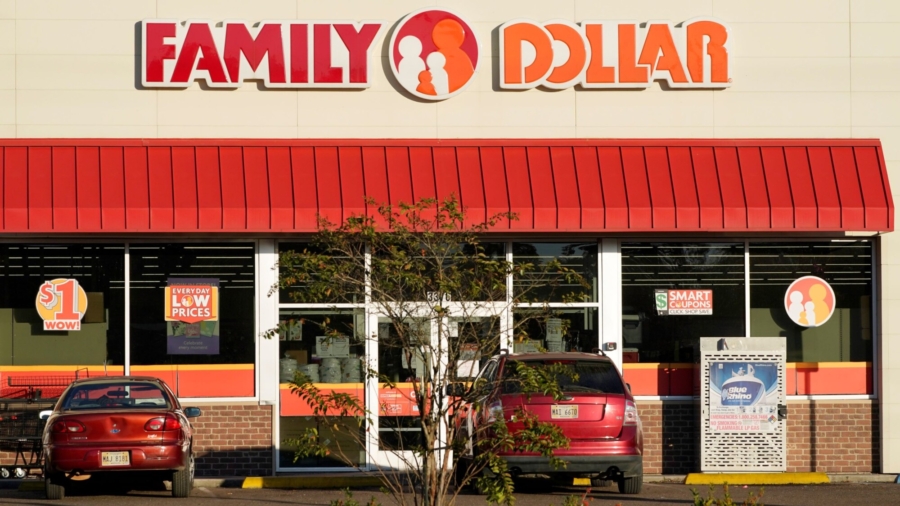The Arkansas state attorney general is suing Family Dollar over its “reckless” and “intentional” actions of selling products to customers despite a rodent infestation and unsanitary conditions at its West Memphis distribution center.
Filed in Pulaski County Circuit Court on Thursday, the lawsuit (pdf) seeks actual and punitive damages, disgorgement, restitution, civil penalties, and injunctive relief against Family Dollar to “protect the health, safety, and economic well-being of Arkansas consumers who purchased or used the potentially hazardous or contaminated products sold” at the store.
It comes just months after the company temporarily closed more than 400 stores after a Food and Drug Administration inspection found unsanitary conditions at the Arkansas facility, including decomposing carcasses of dead rodents.
That inspection was prompted by a customer complaint, the Food and Drug Administration (FDA) said in a notice.
FDA officials said that more than 2,300 rodents had been found between March and September 2021 and that they observed conditions that included live rodents, dead rodents in various states of decay, rodent feces and urine, dead birds, products stored in conditions that did not protect against contamination, and more.
Thursday’s suit filed by the Arkansas Attorney General, Leslie Rutledge, claims that Family Dollar showed willful and intentional neglect and deceptive and unconscionable business practices that compromised the health, safety, and well-being of Arkansas consumers.
“During this time, Family Dollar made significant profits, while knowingly exposing Arkansas consumers to potentially hazardous or contaminated products by allowing and failing to prevent long-lasting and massive rodent infestations and other unsanitary conditions at its West Memphis Distribution Center,” the lawsuit states.
It also alleges that the store continued to unfairly profit from sales despite the ongoing rodent infestation .
“This misconduct by Family Dollar Stores and Dollar Tree allowed them to maximize profits while causing Arkansas citizens to purchase hazardous, adulterated, and contaminated products,” the lawsuit states.
The lawsuit further alleges that Family Dollar “engaged in a conspiracy” not only by being aware of the dire conditions at the facility but also by implementing “policies, procedures, and business practices at the West Memphis Distribution Center, which knowingly caused the massive rat infestation and other unsanitary conditions.”
These include knowingly failing to allocate specific funds that were needed to ensure the West Memphis Distribution Center was properly maintained, failing to implement written safety, quality control, and health procedures at the center, and failing to inspect facilities for safety, quality control, and health-related issues, among others.
The lawsuit also seeks the suspension or forfeiting of Family Dollar’s franchises, corporate charters, or other licenses, permits, or authorizations to do business in the state. The company has 85 stores in the state.
The Epoch Times has contacted a Family Dollar spokesperson for comment regarding the lawsuit.
Following the findings by health officials in February, a company spokesperson told The Epoch Times in an emailed statement: “We take situations like this very seriously and are committed to providing safe and quality products to our customers. We have been fully cooperating with all regulatory agencies in the resolution of this matter and are in the process of remediating the issue.”
Rutledge told The New York Times that her office is seeking up to $10,000 for each violation of the state’s deceptive trade practices act. She also does not want the company to continue business in the state.
“We don’t want to wipe out a source of groceries and medicines, but if those groceries and medicines are not safe, then we need someone else providing that service,” Rutledge said.
From The Epoch Times

